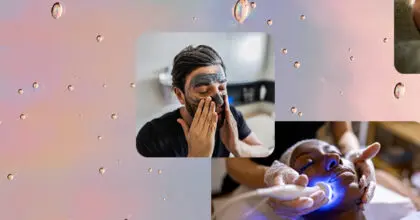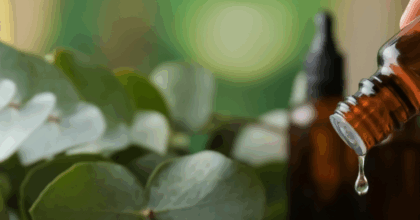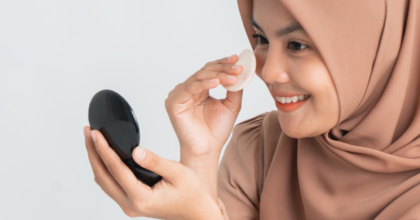63% of Americans are inspired by beauty brands that show diversity in advertising
- 68% of Americans who would like to see some diversity in beauty/grooming advertisements say they feel this way because it “reflects real life.”
- 73% of adults agree the beauty industry plays on women’s insecurities.
- 52% of beauty product consumers say affordable products indicate that a brand is inclusive.
Major unprecedented events in 2020 served as catalysts for change across industries, including the beauty business. New research from Mintel, the experts in what consumers want and why, reveals that more than three-fifths (63%) of Americans say they are inspired by beauty brands that show diversity in advertising, with the majority of those who would like to see diversity in beauty/grooming advertising saying they feel this way because it “reflects real life” (68%) and “shows that there are different ways to be beautiful” (56%). What’s more, almost half (47%) of beauty consumers say they have looked for/bought from brands with diversity or inclusivity in the last year and a quarter (24%) have shopped with beauty brands that are minority owned.
Indicating further desire for change among beauty brands, almost three-quarters of adults agree the beauty industry plays on women’s insecurities (73%) and society’s idea of beauty is too rigidly defined (72%). This points to opportunities for beauty brands to evolve away from these negative perceptions by inspiring and empowering consumers.
Clare Hennigan, Senior Beauty and Personal Care Analyst, at Mintel said:
“Beauty marketing is increasingly shifting from ‘aspirational’ to ‘inspirational.’ Successful brands recognize that demonstrating a strong commitment to diversity and inclusion – whether through employment, advertising and/or product development – helps drive inspiration and empowerment. Brands have the opportunity to make a real impact by integrating different types of beauty diversity in a way, and at a place and time, that is truly authentic to them. For example, waiting until Pride Month in June to promote gender-neutral products could be perceived as a marketing stunt instead of a brand value. Brands that stand to win are the ones who have committed to diversity as an ongoing practice and genuinely listen to their audience to determine how those efforts are perceived.”
A one-size-fits-all approach to DEI falls flat
Understanding consumer perception of beauty inclusivity is complicated and nuanced. Half (52%) of consumers who use beauty products say affordable products indicate that a brand is inclusive, while 48% say a wide range of shades makes a brand inclusive. Two-fifths (39%) feel that when brands represent diverse groups in advertising that makes them inclusive. But inclusivity indicators vary by life stage. For example, 55% of Baby Boomers* say brands with products that meet a variety of age-related needs are inclusive, but only 32% of Gen Z** agree. And 40% of Gen Z think brands that offer gender neutral products are inclusive compared to only 25% of Baby Boomers.
“When consumers consider whether or not a beauty brand is inclusive, it is largely dictated by whether the brand satisfies the consumer’s own needs – how accessible the brand is to them personally – underscoring the importance of understanding core audience values and needs. This approach has led to some brands developing hyper-personalized, inclusive products like the L’Oreal Perso, which is said to launch in 2021 and uses AI to create personalized skincare formulas. At the same time, other brands are exploring inclusivity through a minimalist or universal approach. Skincare brand Humanrace markets itself as ‘suitable for all humans.’ Whatever the approach, brands that are able to align their inclusivity efforts with the needs and expectations of their target audience will have greater commercial success,” continued Hennigan..
*Mintel defines Baby Boomers as the generation born between 1946 and 1964.
**Mintel defines Gen Z as the generation born between 1995 and 2007.
For the latest in consumer and industry news, top trends and market perspectives, stay tuned to Mintel News featuring commentary from Mintel’s team of global category analysts.
-
Discover your next big breakthroughGet smart fast with our exclusive market research reports, delivering the latest data, innovation, trends and strategic recommendations....View Reports
-
2026 Global PredictionsOur Predictions go beyond traditional trend analysis. Download to get the predictive intelligence and strategic framework to shape the future of your industry in 2026 and beyond. ...Download now
-
Are you after more tailored solutions to help drive Consumer Demand, Market Expansion or Innovation Strategy?Ask for a customised strategic solution from Mintel Consulting today....Find out more































